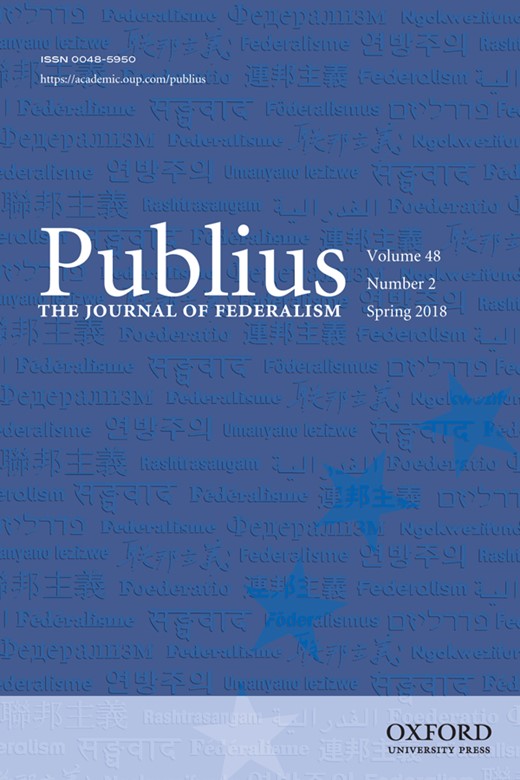-
Views
-
Cite
Cite
Félix Mathieu, Dave Guénette, Introducing a Societal Culture Index to Compare Minority Nations, Publius: The Journal of Federalism, Volume 48, Issue 2, Spring 2018, Pages 217–243, https://doi.org/10.1093/publius/pjx043
Close - Share Icon Share
Abstract
Unlike sovereign nations, minority nations cannot fully empower their societal cultures exclusively with their own autonomous institutions, because they are evolving within a larger political state and a more comprehensive legal order. In this article, we compare Catalonia, Quebec, and South Tyrol with regard to their legal capacity to develop their societal culture by their own autonomous institutions. In doing so, we identify six legally oriented pillars that are central for a minority nation to sustain its societal culture, on the one hand, and that are fundamental for a multinational (quasi)federation to feed a healthy democratic and hospitable environment for all, on the other hand. Those pillars form the building blocks of the Societal Culture Index, which allows measuring and comparing minority nations by combining normative studies and empirical research. Hence, we argue that governance in (quasi)federal system will be improved to the extent that minority nations score as high as possible on the Index.




